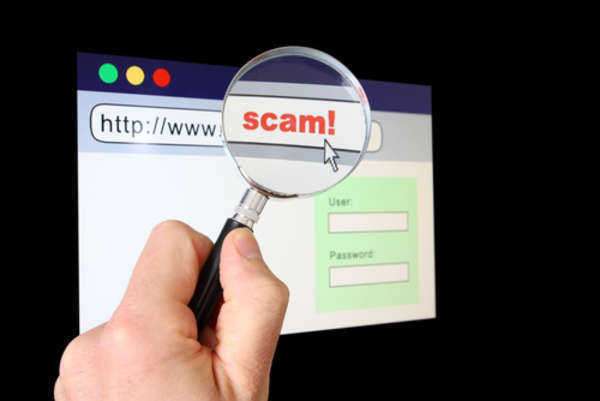Utilizing Computer Networks Phishing Scams
A phishing scam is a scheme that involves luring victims to fake Internet sites, often disguised as everyday social sites, popular banks, etc., in order to retrieve personal information from the victim. Sometimes, phishing scams might not involve fake sites, but instead might involve a person taking on a false identity. These impersonators may claim that they are there to help the victim gain profit, when really their intention is to exploit the victim and to take advantage of them financially.

Many times, phishing scams can cause serious consequences to the victim including financial loss, identity theft, and not being able to access websites that the victim would normally be able to log on to (i.e. a personal email, bank account, etc.).
One of the best ways to avoid falling victim to a phishing scam is to heed specific warning signs. For example, if one were to receive an e-mail from a bank he or she does not have an account with or an e-mail from his or her bank that sounds like a mistake, it would be best to call the bank directly rather than taking action online. This could be a clever phishing scam for personal information.
Another warning sign is when you receive an e-mail from an unknown person with a general beginning to the letter (for example: "Dear Friend" or "Dear Miss") or if the letter talks about any kind of financial transaction with an unknown source, it is most likely a phishing scam. Inside of many e-mail accounts, there may be an option within the browser where you can actually report e-mails as phishing scams.
The Anti-Phishing Working Group is an organization that is set up to combat phishing scams. It is the belief of this organization that, as the public becomes more and more aware of phishing scams, the practice of phishing scams will die out. Punishments for phishing scams can include jail time or fines.